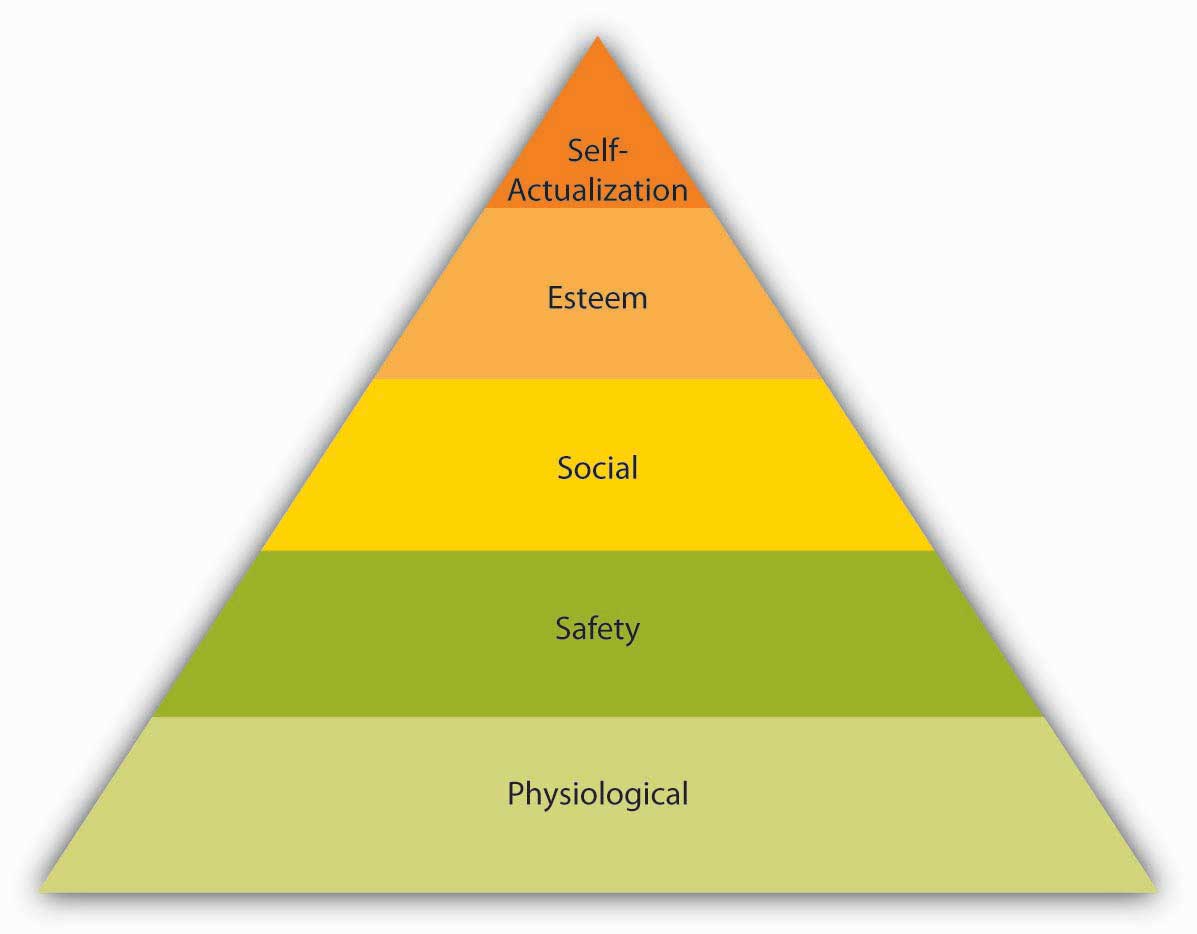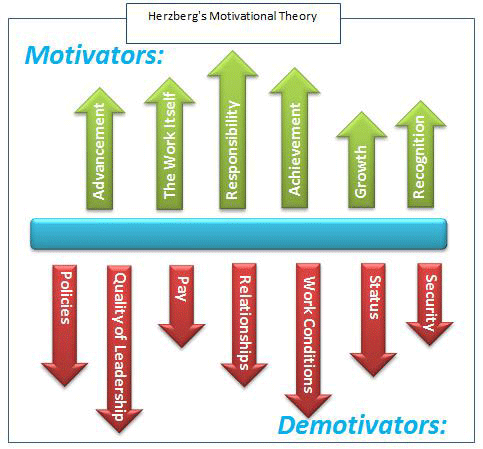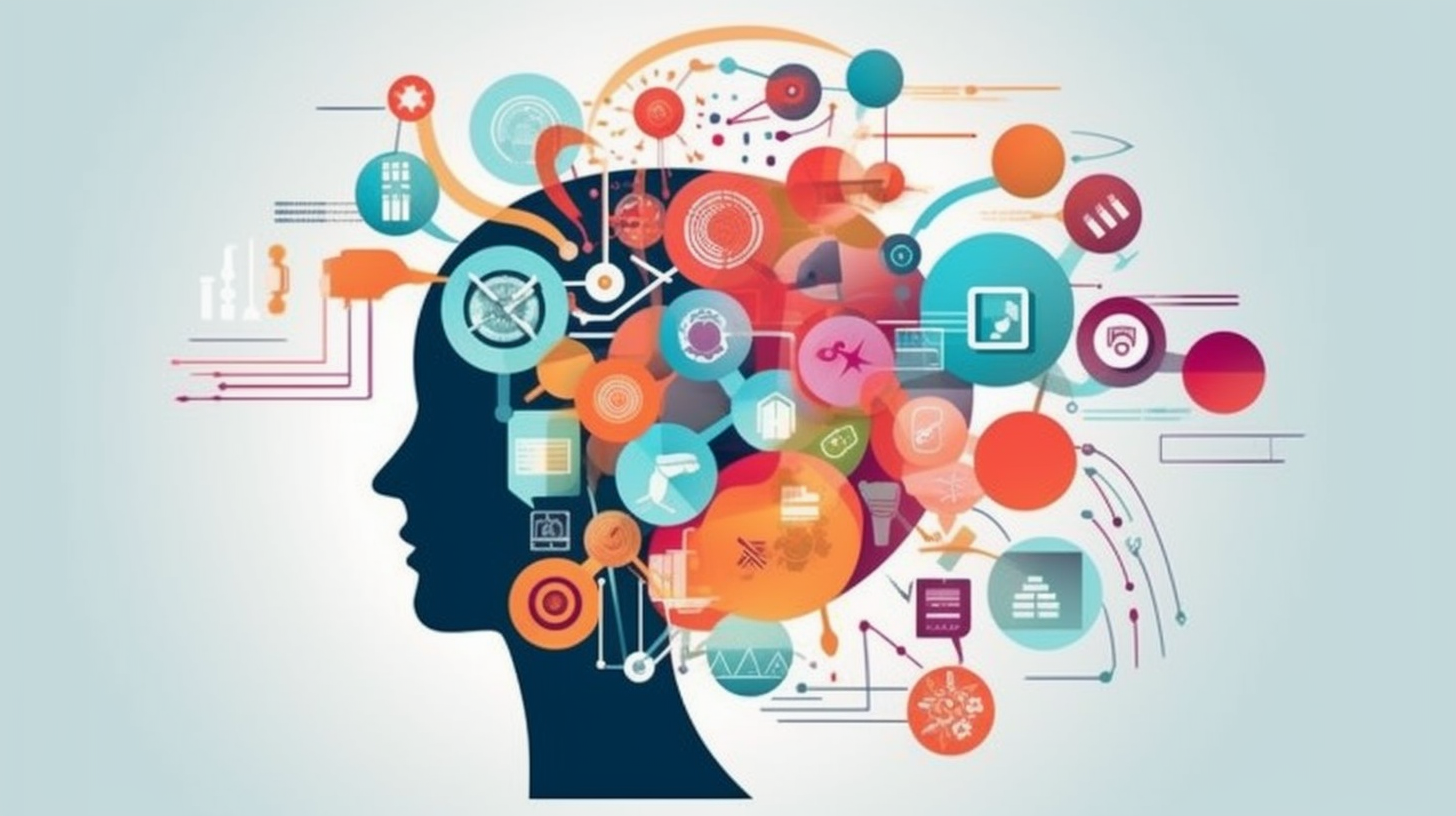Motivation
Achievement Motivation Theory in Education: Unlocking Potential for Success

In the fast-paced world of education, understanding the underlying factors that drive student achievement is crucial. One theory that sheds light on this topic is the Achievement Motivation Theory. It explores the psychological factors that influence individuals' drive to succeed in educational settings. By understanding these factors, educators and students can tap into their full potential and achieve remarkable success. So let's delve into the details of this theory and discover its implications in the field of education.
What is Achievement Motivation Theory?

Source: google.com
Achievement Motivation Theory, developed by David McClelland, is a psychological framework that explains individuals' intrinsic drive to attain success in various areas of life, including education. According to this theory, individuals possess a need for achievement (nAch) that shapes their behavior and influences their motivation to excel. Some individuals have a high need for achievement, while others have a low need for achievement.
How Does Achievement Motivation Theory Impact Education?
Cultivating a Growth Mindset
Achievement Motivation Theory emphasizes the importance of cultivating a growth mindset in educational settings. A growth mindset promotes the belief that abilities can be developed through effort and dedication. By fostering a growth mindset among students, educators create an environment where students are more motivated to embrace challenges, persist in the face of obstacles, and ultimately achieve higher levels of success.
Setting Realistic and Challenging Goals

Image Source: google.com
Setting goals is a fundamental aspect of Achievement Motivation Theory. To effectively motivate students, educators need to set goals that are both realistic and challenging. By setting attainable goals, students gain a sense of accomplishment, which fuels their motivation to pursue higher goals. At the same time, challenging goals push students out of their comfort zones, driving them to strive for excellence and achieve their full potential.
Providing Feedback and Rewards
In line with Achievement Motivation Theory, providing timely and constructive feedback is crucial in education. Feedback helps students gauge their progress and identify areas for improvement. It also serves as a motivator, as positive feedback reinforces students' belief in their abilities and encourages them to persist in their efforts. Moreover, rewards, both intrinsic and extrinsic, play a significant role in motivating students. Celebrating achievements and recognizing students' hard work and dedication fosters a positive learning environment and reinforces their motivation to succeed.
Enhancing Self-Efficacy
Self-efficacy, the belief in one's ability to succeed, is a central component of Achievement Motivation Theory. Educators can enhance students' self-efficacy by providing them with opportunities to experience success and by offering support and encouragement. By building self-efficacy, educators empower students to take on challenges, overcome obstacles, and persist in the pursuit of their educational goals.
Full Text
Motivation describes the desires or needs that direct behavior toward a goal. When we describe someone as motivated, we mean that the person strives to complete a specific task; Motivation is clearly important for a person to achieve good results. The performance and cognitive motivation approaches examine the different factors that influence our motivation.
Achievement Motivation
According to the achievement motivation approach, the need for achievement drives achievement and success and therefore motivates our behavior. People can be motivated by different performance goals, and each of these goals influences motivation (and therefore behavior) differently. For example, a student may be motivated to succeed in an algebra course because it is interesting and will be useful in future courses (e.g., to master the material); get good grades (i.e. get good results); or to avoid a low grade or failure (i.e., to avoid poor performance). These objectives are not mutually exclusive and can exist simultaneously.
Mastery Goals and Outcomes
Mastery goals are generally associated with the satisfaction of mastering something; in other words, the acquisition of sufficient and complete mastery, skill, knowledge, or know-how in a given field (e.g., mastery of the culinary arts). Mastery goals are a form of intrinsic motivation (arising from internal forces) and have been shown to be more effective than performance goals in maintaining student interest in a subject. For example, in a study on learning objectives, students who were primarily focused on mastering a course they were taking not only tended to show greater interest in the course, but continued to show interest well beyond the end of the formal course and the end of the course. the course enrollment in additional courses. courses on the same topic (Harackiewicz, et al., 2002; Wolters, 2004).
Performance objectives, on the other. They are extrinsically motivated (derived from external factors) and can have both positive and negative effects. Students with achievement goals generally earn higher grades than those expressing primarily mastery goals, and this advantage is often evident in both the short term (on individual assignments) and the long term (with GPA). However, there is evidence that performance-oriented students do not learn material as intensively and consistently as more mastery-oriented students (Midgley, Kaplan, & Middleton, 2001).

Image Source: google.com
One possible reason is that performance measures, such as test scores, often reward relatively shallow retention of information; In other words, information “accumulated” before a test is remembered for only a short period of time and is often forgotten immediately after the test. Because “performance” is finite, relatively rapid forgetting of information has no negative consequences and may prevent high-achieving students from processing information more thoughtfully or completely. Another possible reason is that performance orientation promotes competition with peers by emphasizing recognition as a top performer within a peer group. Therefore, it is not in a high-achieving student's best interest to give and accept help from peers, and the resulting isolation can limit the student's learning.
Cognitive Dissonance
Cognitive motivational approaches focus on how a person's motivation is influenced by their cognitions or mental processes. The role of cognitive dissonance in motivation is particularly interesting. Cognitive dissonance occurs when a person experiences conflicts, contradictions, or inconsistencies in their cognitions. These contradictory findings may be attitudes, beliefs, or awareness of one's behavior. Dissonance is strongest when there is a gap between self-concept and behavior. If you do something you are ashamed of or behave in a way that contradicts your sense of self (for example, if you think you are an honest person but then lie to your parents if they ask you questions about your future plans), they are likely to experience cognitive dissonance later.
Conclusion
Achievement Motivation Theory provides valuable insights into the factors that drive students' motivation and desire for success in the realm of education. By understanding and implementing the principles of this theory, educators can create a nurturing and motivating learning environment where students can thrive. Cultivating a growth mindset, setting realistic and challenging goals, providing feedback and rewards, and enhancing self-efficacy are just a few strategies that can unlock students' potential and lay the foundation for lifelong learning and achievement. So, let's embrace the power of Achievement Motivation Theory and empower our students to reach new heights of success.


:max_bytes(150000):strip_icc()/GettyImages-1165941362-9097ad69f73f42bbb0f7db5aba4635dd.jpg)

